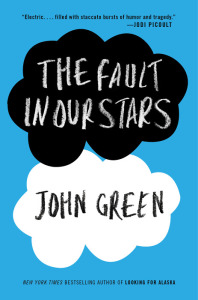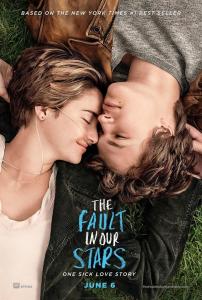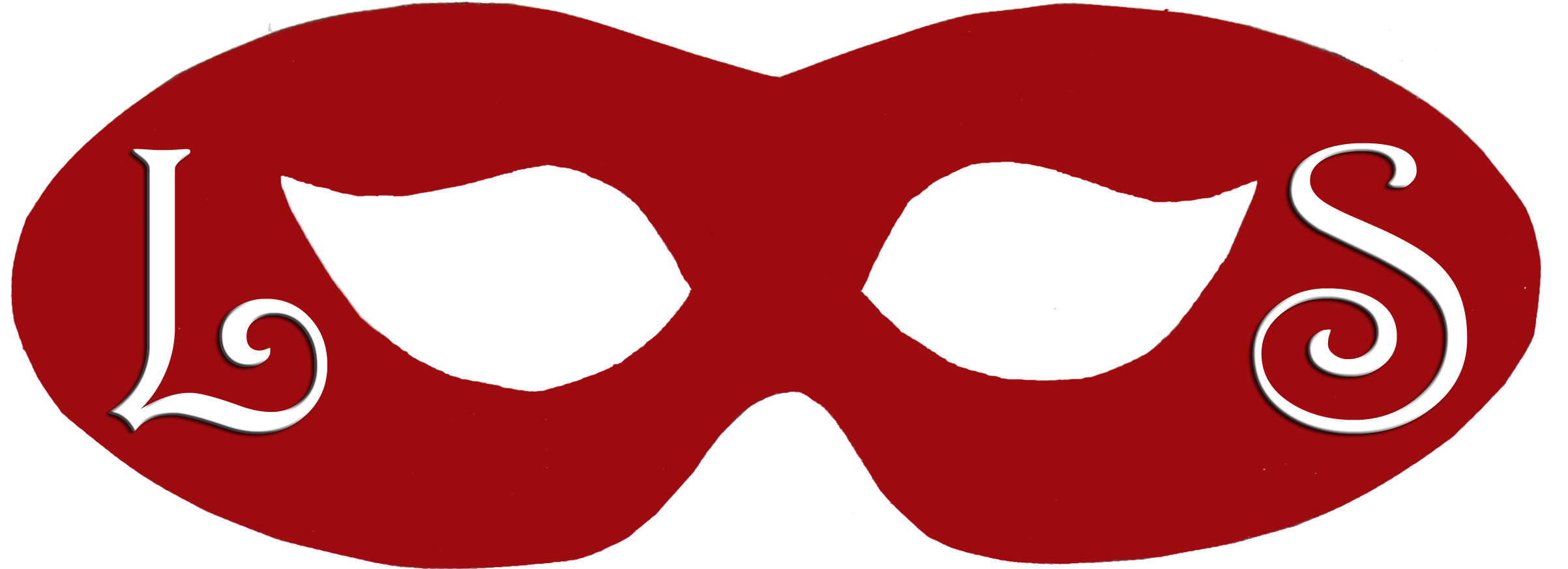Dear Hazel Grace
 Please note there are spoilers for The Fault In Our Stars contained below.
Please note there are spoilers for The Fault In Our Stars contained below.
Summary of book: Sixteen year old Hazel is diagnosed with cancer several years prior to the start of the book. At the behest of her mother, Hazel attends a cancer support group. She meets Augustus, who has come at the urging of a friend to see how bad the group is, at one of the meetings. Romance ensues.
Dear Hazel Grace (and anyone who thinks they are just like Hazel Grace),
I’d like to acknowledge that it sucks that you will die young. You will never get to know what it’s like to have kids or struggle to payback a student loan or have a career (or really, even have a job besides professional sick person). These things blow. But I’d like to point out to you how great it is that your otherness of having a visible disease and being treated as special is a privilege. Sexual orientation, a belief in a higher power, or the color of a person’s skin, to name a few, are signs of otherness that can be as plain as the canulas you wear, and these traits don’t get the person special treatment that includes pity or an all-expense paid trip to Amsterdam with their dying boyfriend. In fact the special treatment it gets them is often scorn, threats, unequal treatment, and death (which recently have received national media attention for going without the justice of the killer being brought to trial).
I am also quite fortunate (even though according to John Scalzi’s post ranking life as a video game I’m almost a hardcore player) and as people who are more fortunate than others it’s our job to speak up for those who aren’t. Especially since your favorite book is about a girl with cancer who doesn’t want to let cancer define her and founds a charity to end cholera. There are a lot of different causes from those of us considered other by mainstream society (LGBTQ, feminism (using Chimamanda Ngozi Adichie’s definition of “a person who believes in the social, political, and economic equality of the sexes” from her TEDxEuston talk), immigration, taxes, the developmentally disabled, impoverished, etc.) and throwing your voice behind one would beneficial to both you and the cause. It would be beneficial to the cause because you’d be adding diversity to the group, saying that this issue that doesn’t seemingly affect me matters to me for X, Y, and Z (generally it’s because you’re a decent human being who believes everyone deserves justice and equality or something along those lines). Beneficial to you because it’ll broaden your horizons, give you someone else’s view of what it is like to be other. Especially since your circle of friends, from what I can tell, is lacking in diversity (this is normal). Apparently being a minority or queer means you don’t need to worry about terminal illnesses, which is a perk I had no idea about.
I’d like to point out that these are actionable step s you can take to help: figure out what you identify with (besides being a teenager with cancer), find an organization near you that works with a cause you identify with, and volunteer (because NGOs are always looking for volunteers). Your turn Hazel Grace. Tired of being an other all by yourself? Do something about it.
s you can take to help: figure out what you identify with (besides being a teenager with cancer), find an organization near you that works with a cause you identify with, and volunteer (because NGOs are always looking for volunteers). Your turn Hazel Grace. Tired of being an other all by yourself? Do something about it.
Cheers,
Jacqui B.
Your (Usually Friendly) Neighborhood Literary Sidekick
PS- Some of the issues are things I could address to the author, John Green, like the lack of diversity in the book, but he’s not my audience. Also I know that I’ll be categorized as unreasonable because I have high expectations. But I should have high expectations. When you prove yourself sufficient at something, your reward is more responsibility (I learned this at my retail job). Donating books and money is great, but in your next book include diverse, non-token characters.
